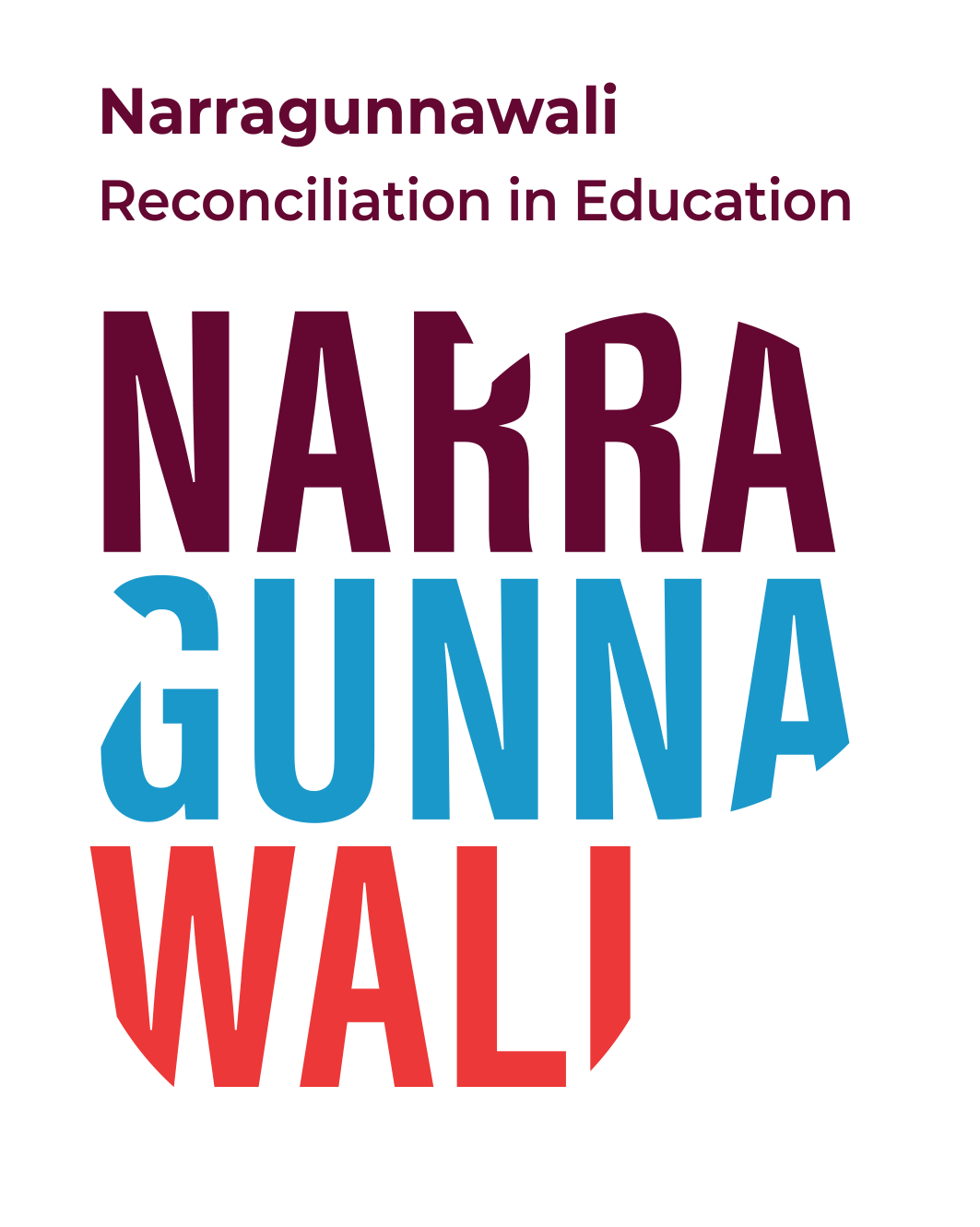Equality and equity is one of the five key dimensions of reconciliation.
In the State of Reconciliation in Australia Report, equality is defined as ‘Aboriginal and Torres Strait Islander peoples being in control of their life choices – enabling them to participate fully in the social, cultural and economic opportunities enjoyed by the wider Australian community.’
In the same report, equity refers to Aboriginal and Torres Strait Islander Australians unique rights as First Peoples and their ability to freely exercise these rights.
It’s important to acknowledge both equality and equity.
The United Nations Declaration on the Rights of Indigenous Peoples (UNDRIP):
- affirms that Indigenous peoples are no less equal to all other peoples
- recognises the rights of all peoples to be different and to be respected.
The Universal Declaration of Human Rights and the UNDRIP work together to promote humanity and diversity. When these declarations are recognised, respected and upheld, you can shape equal and equitable settings in learning environments that are free from discrimination and where all cultures feel welcome.


